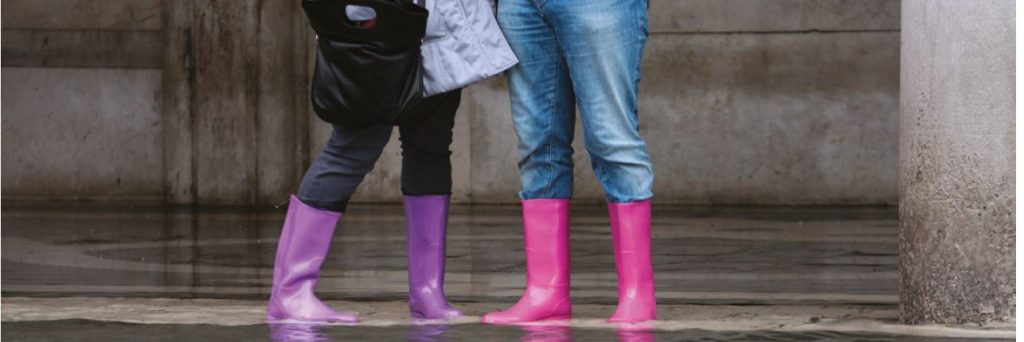Are you ready for flooding?

If your home is at risk of flooding, it’s worthwhile taking steps to prepare yourself. We’ve gathered a few simple ideas to help you protect your property against rising water, and advise what to do should the worst happen. Follow our ten hints and you could be home and dry.
SANDBAGS AND BOARDS
If you’re under flood alert, make sure you have sandbags at the ready and boards you can use to block off doors to help keep water at bay. Your local council may be able to provide these.
WATERTIGHT DOCUMENTS
Place insurance documents and emergency contact details in a watertight bag, in a safe place. This way you’ll be able to lay your hands on them in an instant should you need to make calls.
PREPARE A ‘FLOOD PACK’
Gather together a torch (with spare batteries), wind up radio, first aid kit, bottled water and warm blankets, and put them somewhere easy to get to, in case you need them in a hurry.
FURNITURE AND VALUABLES
If you can, move furniture, electrical items and valuable documents upstairs. Anything of high sentimental value should also be a priority – photographs or jewellery, for example.
CAR
Think about where your car is parked. Is it safe or is there another location you can move it to for the time being?
PETS
Ensure you have somewhere upstairs where your pets will be comfortable. Keep a supply of pet food up there, too, to avoid it being damaged by incoming water.
STAY IN TOUCH
Keep your mobile phone fully charged and in a safe place. This could be a valuable means of contact if you become the victim of flood water.
KNOW YOUR NEIGHBOURHOOD
Have a map of your local area handy. This can be very useful if you need to evacuate, but don’t forget to consider any local roads that may be shut off.
GAS AND ELECTRICITY
If water starts to enter your home, switch off gas and electricity supplies immediately. Listen to local radio stations or keep an eye on local TV news for advice on what to do next.
DO YOU HAVE A LIST OF USEFUL NUMBERS IN CASE OF A FLOOD?
If your home is flooded, call your insurer as soon as possible. Having emergency numbers together in one place means you won’t waste time looking for them if the worst happens.